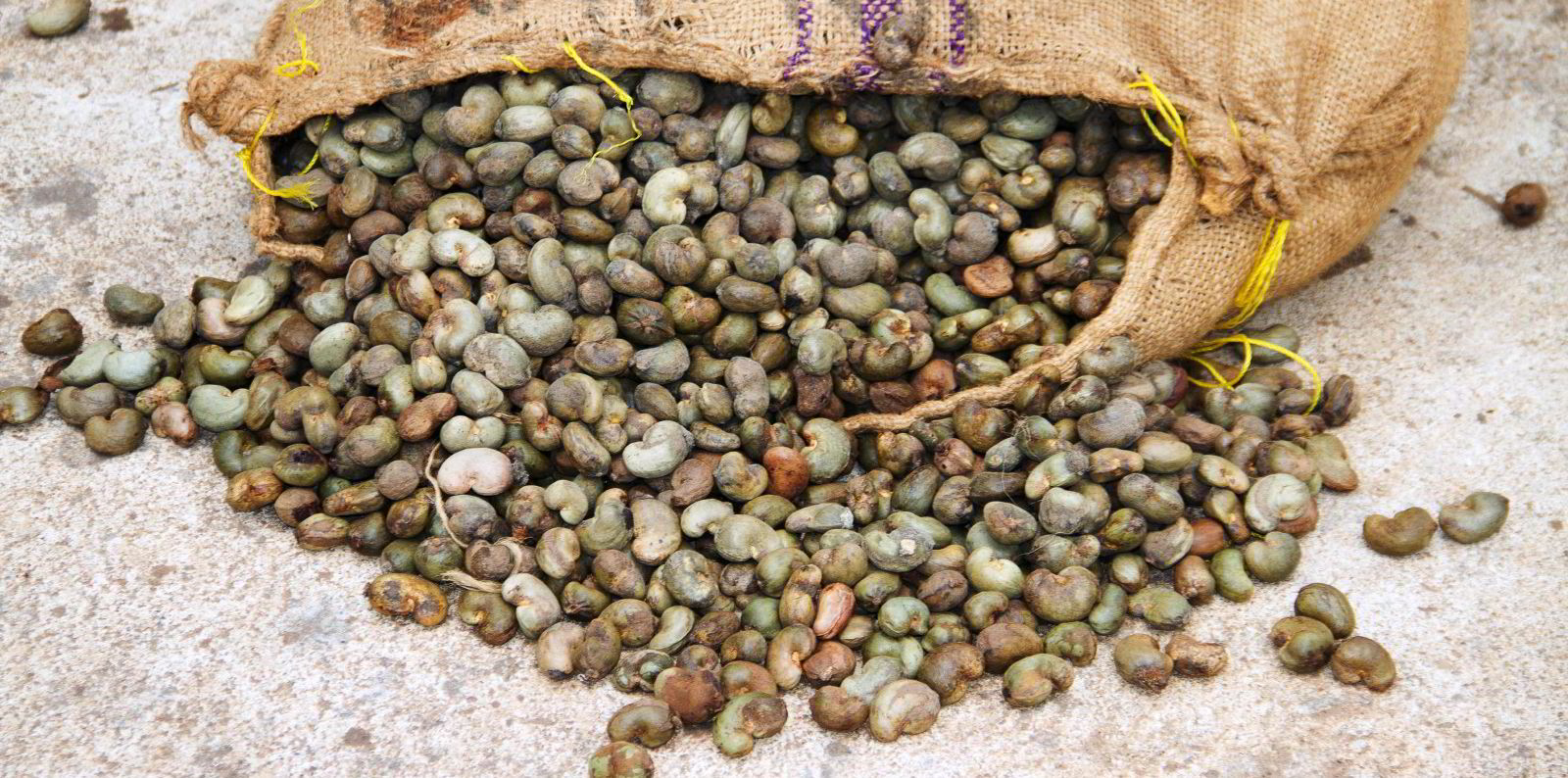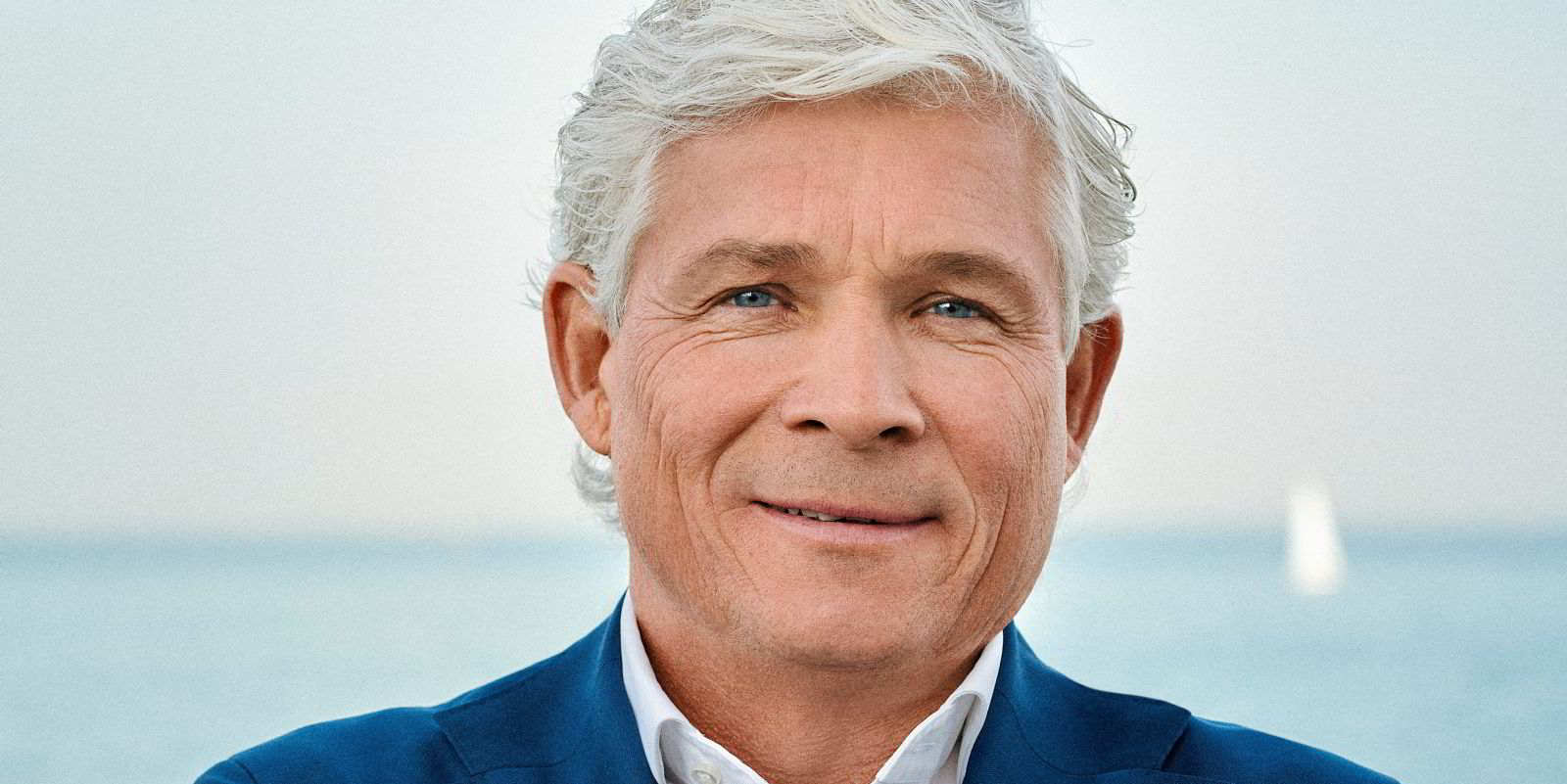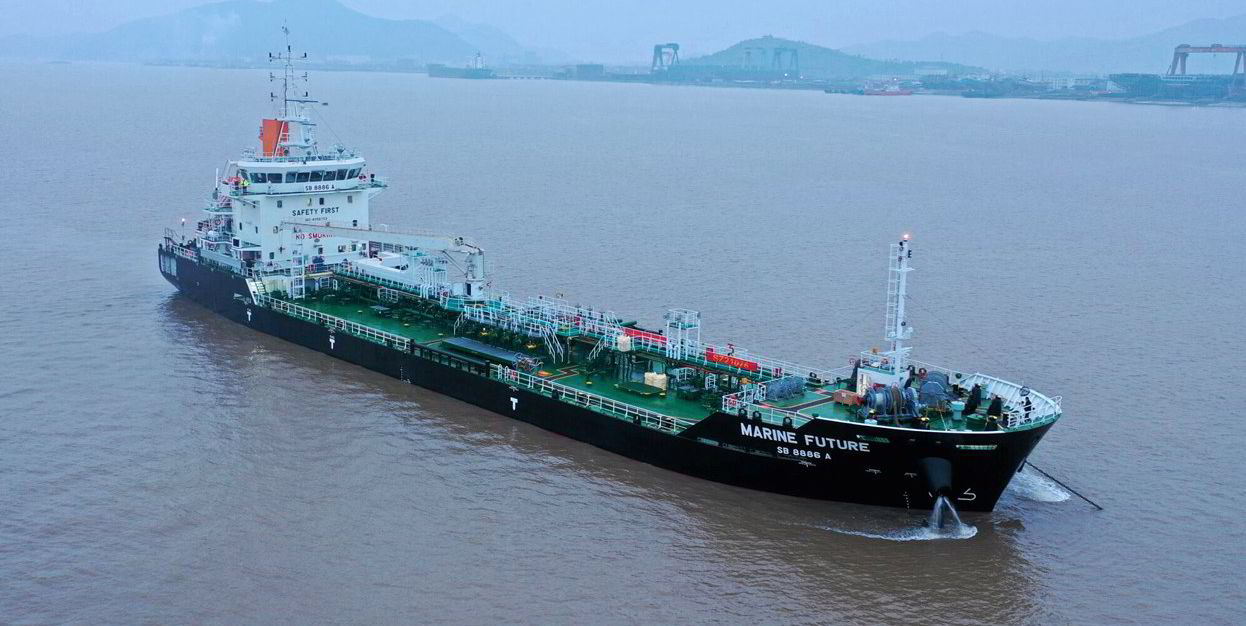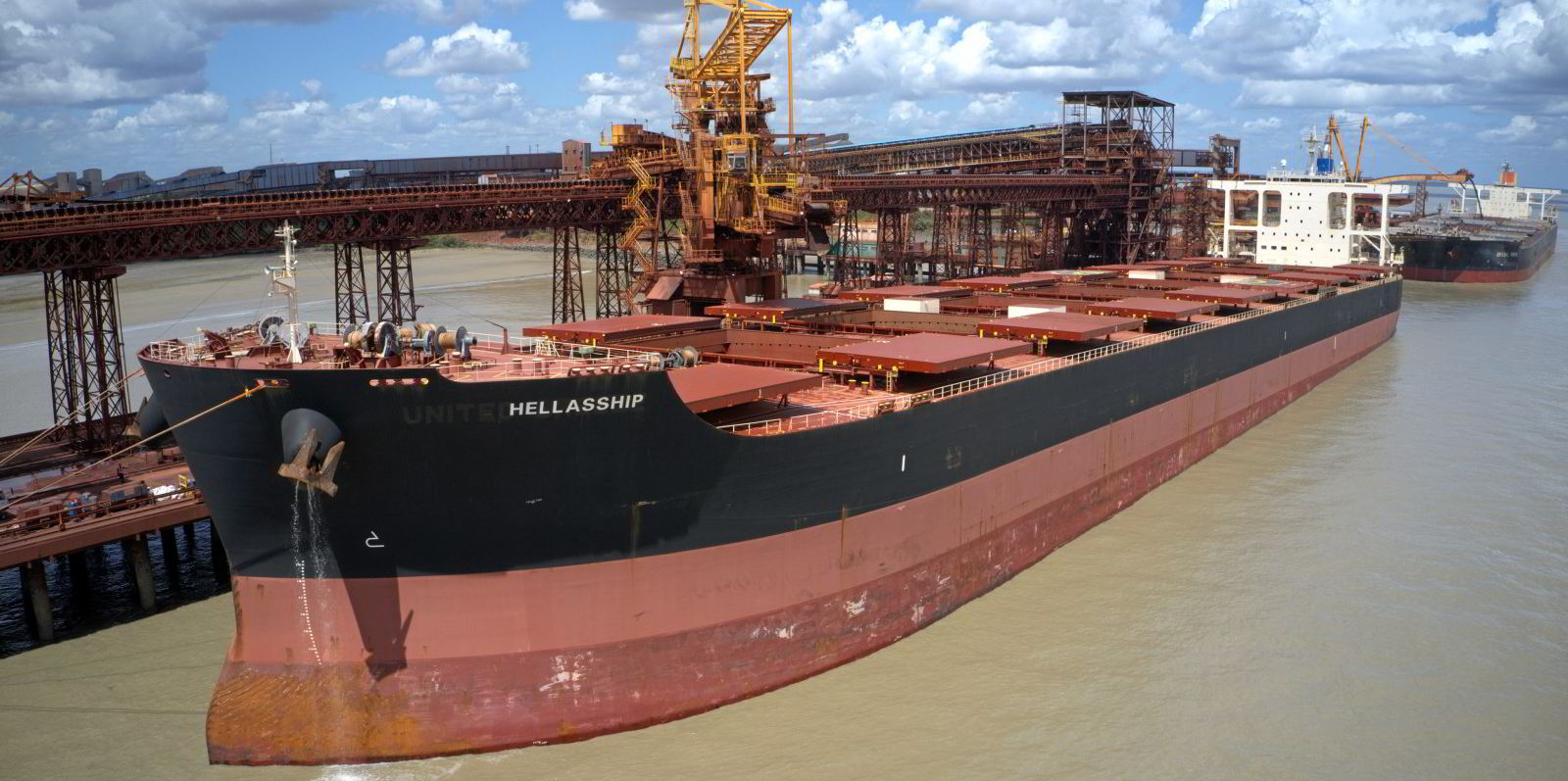Norden chief executive Jan Rindbo has revealed the company’s latest venture into biofuels — an investment in a company that will produce bunkers from cashew nut shells.
The Danish bulker and tanker owner-operator has taken a minority stake in a Danish-Indian operation called MASH Makes, which produces biofuel in India for boilers and other uses.
Rindbo told TradeWinds Norden still has a big decarbonisation agenda.
The company was a biofuel pioneer, indicating as far back as 2018 that it was aiming to use them, and then progressing quickly to ship trials.
“We use biofuel in the fleet today, but we also see that it’s just not available in sufficient quantities,” he said.
MASH Makes started as a project at the Technological University of Denmark. Norden put in cash last year.
“We’ve just done the first test in a lab in Germany. That was successful, so that’s good. The next step is to do a test on a real vessel. No one has done this before. This is new,” the CEO added.
“It may sound wrong, but the good thing about this is that it is a low-quality bio-oil. Which means that you are not in competition with planes,” Rindbo explained.
“It can only be used in ships. That’s very good. But that’s what we want to develop. So we are now partnering with this company. We’ve bought a minority stake … to help develop this,” he said.
The cashew shell product will cut emissions by the same amount as other biofuels.
Plentiful supply
The shells are also available in Vietnam, West Africa and other locations.
“But the interesting part here is that the technology that is used apparently can also be used for other organic materials,” Rindbo said.
He speculated on whether, for example, biofuel in Canada could be produced from pine cones.
“This is probably a little further down the line, but it’s part of our thinking.
“We want to help our customers decarbonise their supply chains. And we don’t have to wait for methanol or ammonia to be the solution,” the CEO said.
MASH Makes was spotted by Norden’s research team, which came to management with the idea.
“We said, interesting, let’s learn a little bit more. And then we said, okay, we will invest into this,” Rindbo explained.
“We can’t guarantee it will be a success, we can’t guarantee that it will work, but we also need to stick our neck out a little bit,” he said.
Dual-fuel bill for single-fuel use?
He added the alternative would be to invest in dual-fuel vessels.
“But that is also expensive, and we are also unsure whether we will ever actually use methanol on dual-fuel dry cargo vessels,” the CEO explained.
“You can spend $8m to $10m extra to get the dual-fuel capability, but you also need to get the fuel and pay for it.
“Is it available in the right locations, [for] ships where you never know where they are in the world,” he continued.
Green methanol and ammonia are trickier to rely on for tankers and bulkers, “trading in a taxi service, never knowing your next refuelling point”.
He said Norden had preferred to focus on efficiency measures that could be adopted immediately.







